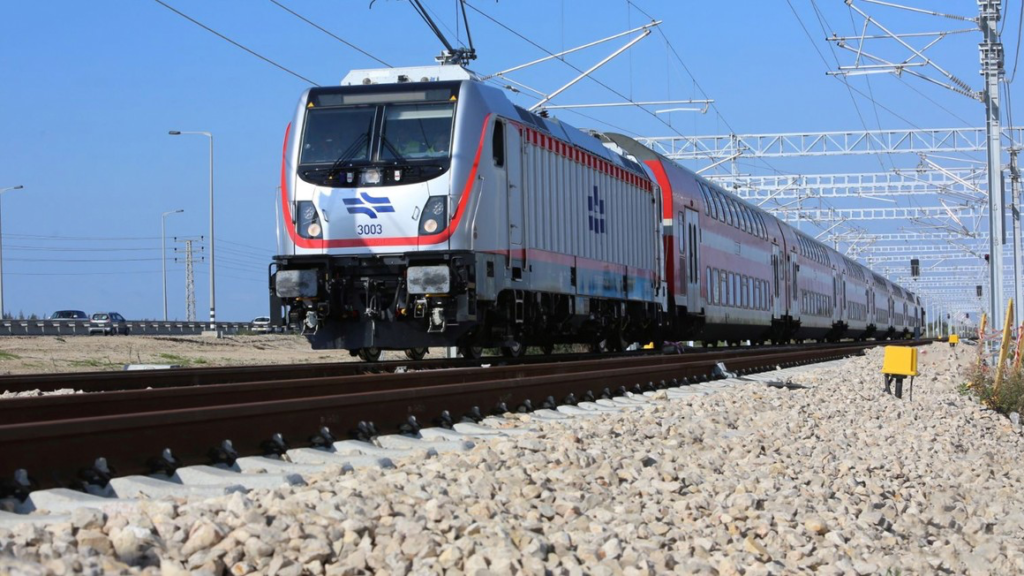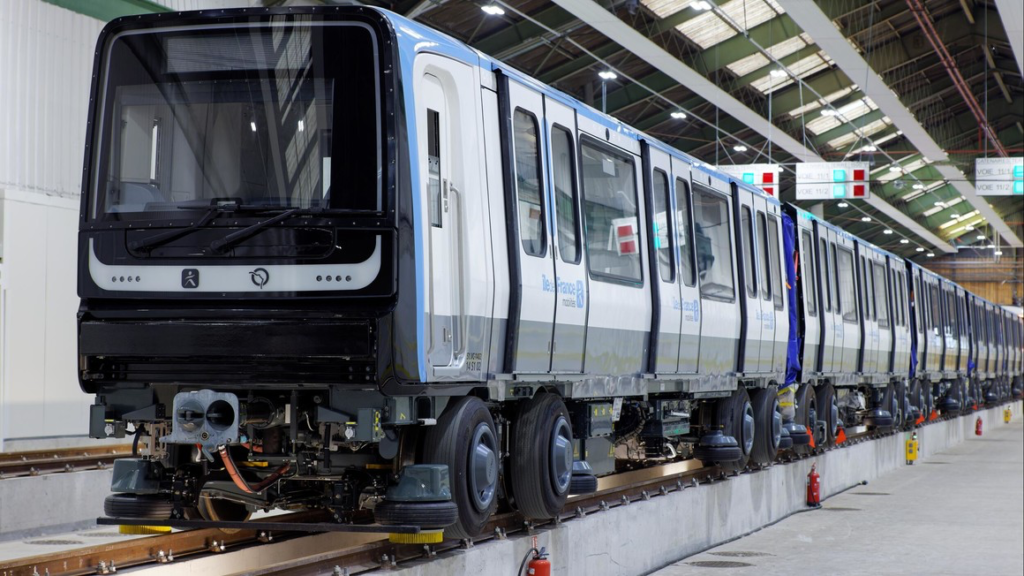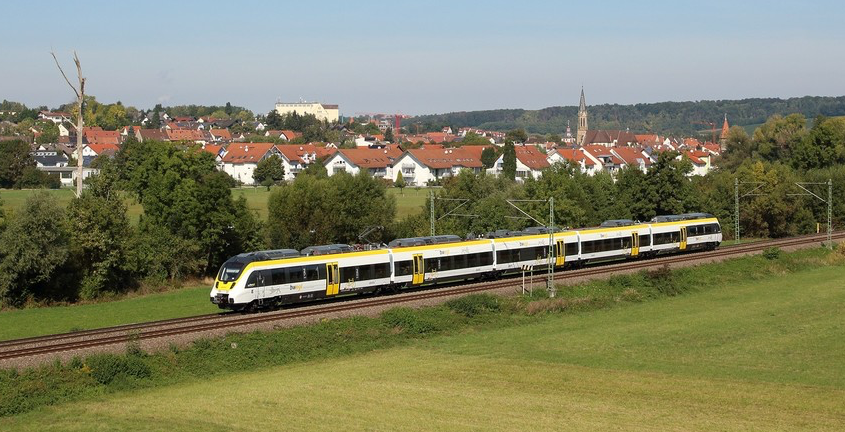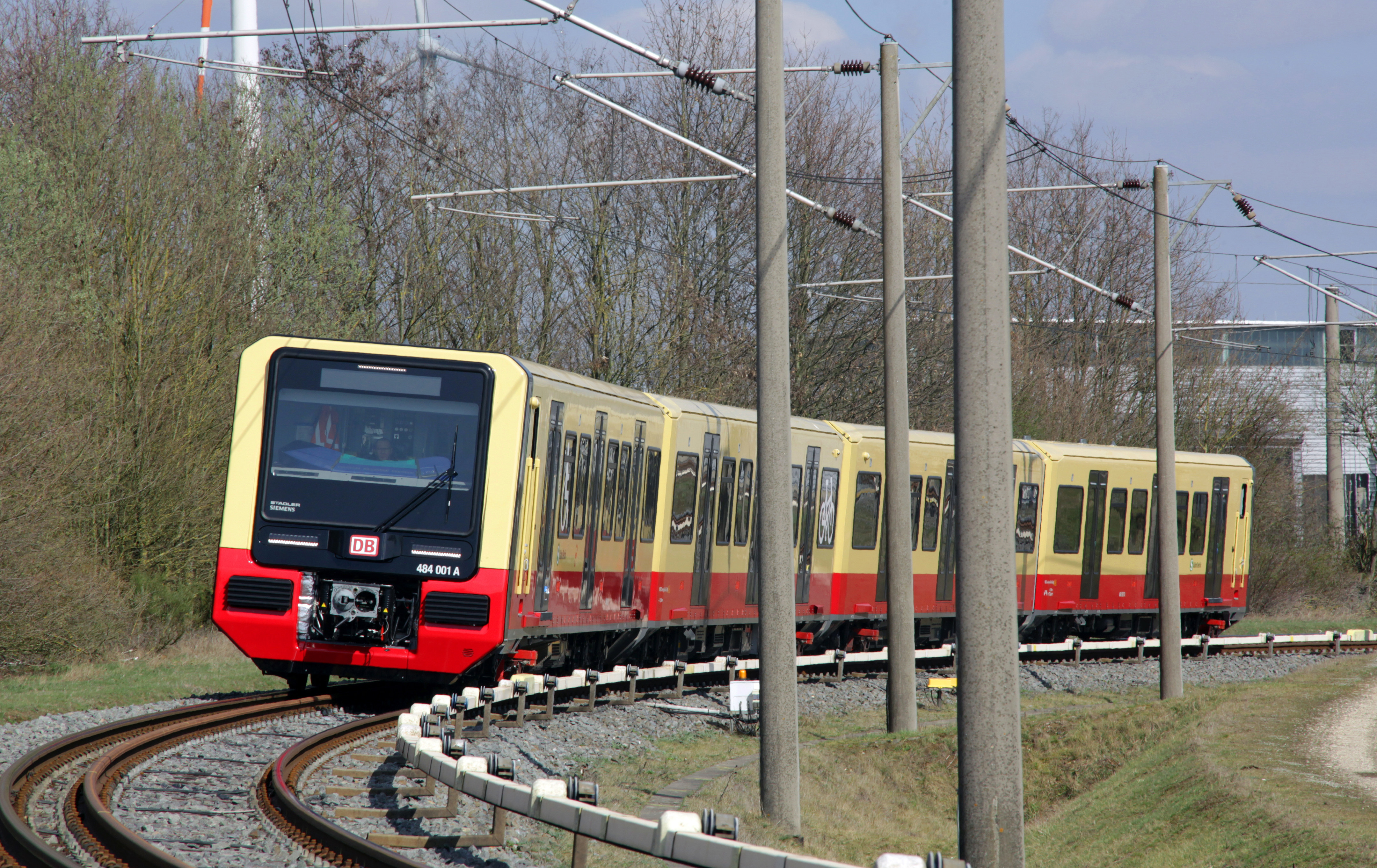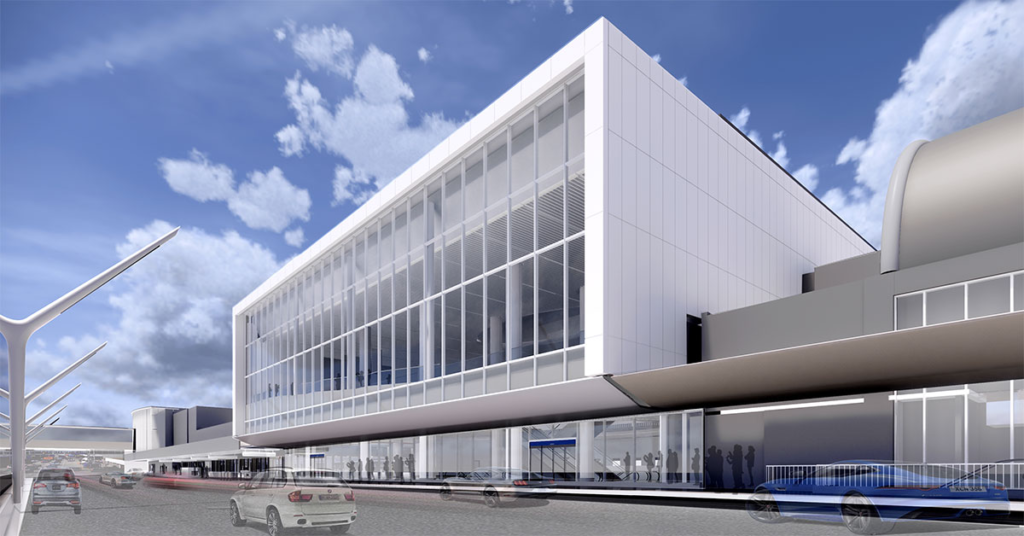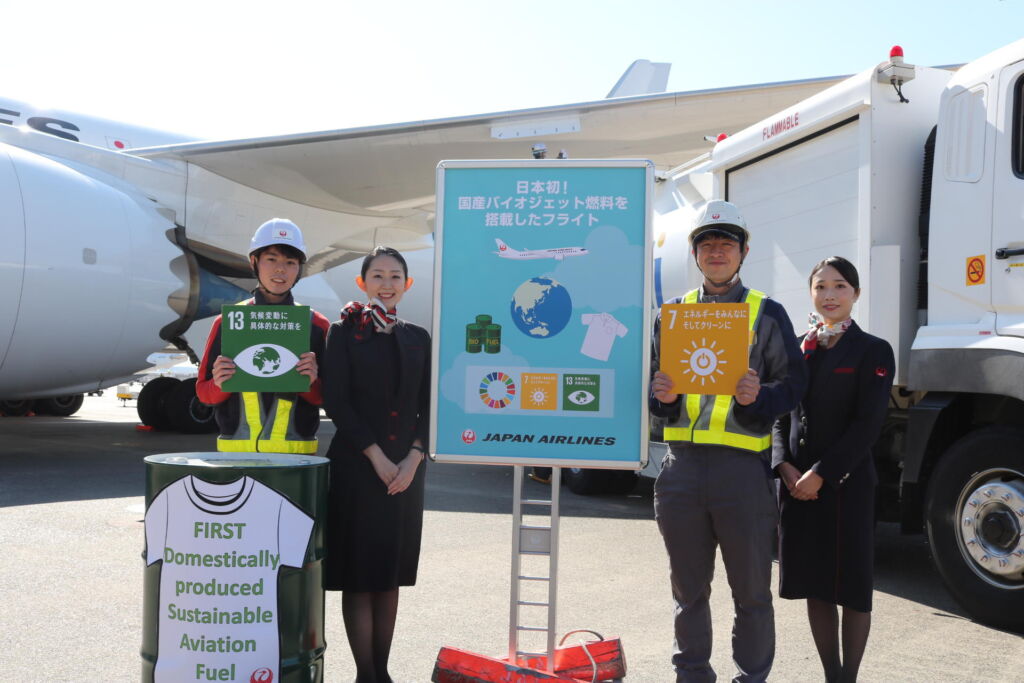Israel Railways Issues Notice to Proceed for Supply of 36 Alstom Traxx locomotives
9 November 2021 – Israel Railways (ISR) has issued a notice to proceed for the supply of additional 36 Traxx locomotives from Alstom (OTC: ALSMY) as part of its framework agreement in 2015 for the supply of 63…
